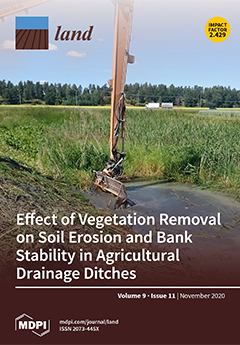Resource information
We set out to unveil gender inequality with respect to women’s access to family land following the surge in tree-planting in selected villages in the Southern Highlands of Tanzania. Specifically, the study describes land-transaction procedures at the household level and shows how the lack of women’s involvement in such land transactions affect their access to and control over family lands. Gender inequality is portrayed in a variety of social and economic activities, with women being deprived of access to, control over, and ownership of land. Although the current land laws address gender inequalities pertaining to women’s access to, ownership of, and control over land, the impact of such reforms has been minimal. Drawing on Bourdieu’s concept of symbolic violence, we reveal how women suffer symbolic violence through traditional practices of land management and administration. Societies in the studied villages are strongly patriarchal, with men being dominant and women subordinate. In such a patriarchal system, women’s empowerment is urgent. Women require knowledge and awareness of the laws and regulations that affirm their rights not only to family lands, but also to participation in decision-making processes regarding family assets. We recommend non-oppressive approaches to natural-resource management. As such, we call for existing authorities at the village and district levels, Non Governmental Organisations (NGOs) and legal bodies to promote gender equality in land-management practices. We also advocate dialectical communication between women and men in order to reveal and heal practices of symbolic violence, and enhance gender equality in respect of access to land and its control and ownership in villages in the Southern Highlands of Tanzania. Effective implementation of existing land laws and regulations that address gender inequality and associated violence is unavoidable.


